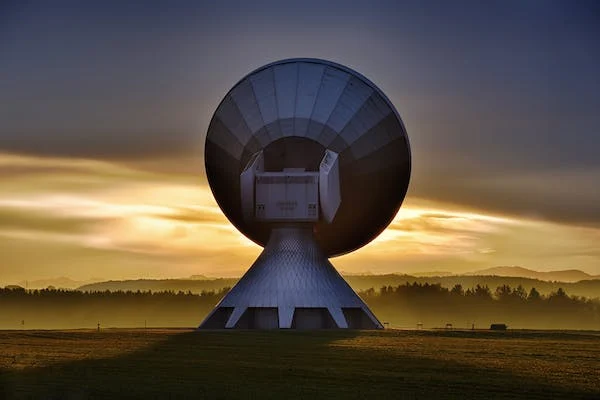Introduction:
In the vast realm of space exploration, where satellites and spacecraft orbit the Earth, there exists an essential and intricate network of ground stations. These ground stations act as vital communication links, enabling the transfer of data between satellites and the Earth. Behind the scenes, ground station engineers play a pivotal role in maintaining and operating these stations, ensuring seamless communication and the delivery of essential satellite services. In this blog, we will explore the responsibilities and contributions of a ground station engineer in providing reliable ground station services.
Understanding Ground Station Services:
Before diving into the specifics of a ground station engineer’s role, it’s crucial to comprehend the importance of ground station services. Ground stations serve as intermediary points that receive signals from satellites and transmit data back to Earth. They facilitate various operations, including satellite control, telemetry, tracking, and data downlinking. Ground station services are critical for applications such as weather monitoring, Earth observation, telecommunications, navigation systems, and scientific research.
The Role of a Ground Station Engineer:
Ground station engineers are highly skilled professionals responsible for the design, deployment, and maintenance of ground station facilities. Their primary objective is to ensure the continuous and reliable operation of the ground station network. Let’s delve into some of the key responsibilities they undertake:
1. System Design and Installation: Ground station engineers are involved in designing ground station networks that meet specific mission requirements. This includes selecting suitable antenna systems, radio frequency (RF) equipment, signal processing systems, and data management infrastructure. They collaborate with other engineering teams to ensure seamless integration and compatibility.
2. Ground Station Operations: Engineers operate and monitor ground station systems, ensuring proper functioning and optimal performance. They are responsible for scheduling and executing satellite contacts, tracking and receiving telemetry data, and controlling satellite operations as required. They troubleshoot and resolve technical issues that may arise during operations.
3. Maintenance and Upgrades: Ground station engineers conduct routine maintenance activities to keep the ground station systems in excellent condition. This involves inspecting and calibrating antennas, updating software and firmware, and performing equipment repairs. They also assess and implement upgrades to enhance the overall performance and capabilities of the ground station.
4. System Monitoring and Security: Engineers continually monitor ground station systems to detect anomalies or faults promptly. They ensure that data transmission and reception are secure and protected from potential threats or interference. In the event of system failures or emergencies, they initiate backup procedures and work diligently to minimize downtime.
5. Collaboration and Communication: Ground station engineers collaborate with various teams, including satellite operators, mission control centers, and spacecraft manufacturers. They actively participate in communication protocols, maintain documentation, and provide technical expertise to ensure effective coordination among stakeholders.
Conclusion:
Ground station engineers are the unsung heroes behind the scenes, working diligently to enable reliable ground station services. Their expertise in designing, operating, and maintaining ground station networks ensures seamless communication between satellites and Earth, enabling the flow of critical data for various applications. As the demand for satellite-based services continues to grow, the role of ground station engineers becomes increasingly vital in supporting the ever-expanding frontiers of space exploration and satellite technology.



